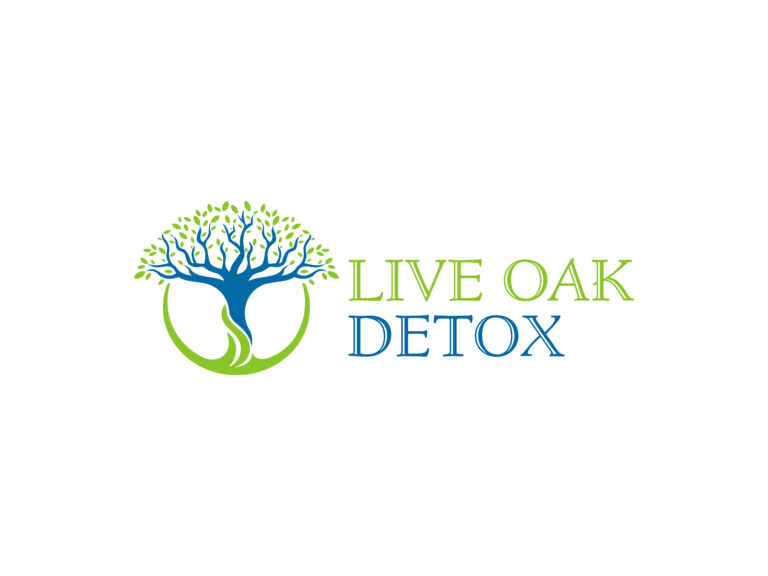



 Cognitive Behavioral Therapy, commonly known as CBT, is a widely recognized and effective form of psychotherapy. It’s a structured, goal-oriented approach that helps individuals identify and challenge unhelpful thoughts and behaviors, leading to positive changes in their mental health and well-being.
Cognitive Behavioral Therapy, commonly known as CBT, is a widely recognized and effective form of psychotherapy. It’s a structured, goal-oriented approach that helps individuals identify and challenge unhelpful thoughts and behaviors, leading to positive changes in their mental health and well-being.
CBT is a type of psychotherapy that focuses on the connection between thoughts, feelings, and behaviors. By addressing and altering negative thought patterns and behaviors, CBT aims to improve emotional challenges and develop personal coping strategies.
The roots of CBT can be traced back to the work of Dr. Aaron T. Beck in the 1960s. Initially developed for treating depression, CBT has since evolved to address a wide range of mental health conditions. Over the years, it has become one of the most extensively researched and validated forms of therapy.
CBT is grounded in several core principles:
This involves identifying and challenging distorted or unhelpful thoughts, beliefs, and attitudes. By reframing these thoughts, individuals can change their emotional responses and behaviors.
This principle focuses on increasing engagement in positively reinforcing activities. It helps individuals combat avoidance and inactivity, which are common in depression and anxiety.
Cognitive Behavioral Therapy teaches practical skills to solve problems and cope with challenging situations more effectively, empowering individuals to tackle issues proactively.
Cognitive Therapy is a collaborative process between the therapist and the client. Sessions typically involve:
The therapist works with the client to understand their issues and set specific, achievable goals for therapy.
Through guided discussions and exercises, clients learn to recognize patterns of thinking and behavior that contribute to their problems.
Clients are taught various techniques to manage and reduce their symptoms. These may include cognitive restructuring, relaxation techniques, and exposure therapy.
Several techniques are commonly used in CBT to help clients achieve their goals:
This technique involves challenging and changing negative thought patterns. For example, a person with social anxiety might learn to question and alter their belief that others are constantly judging them.
Exposure therapy is used to help individuals confront and reduce their fear responses. By gradually facing feared situations, clients can diminish their anxiety over time.
These techniques, such as deep breathing and progressive muscle relaxation, help manage stress and anxiety.
Mindfulness involves paying attention to the present moment without judgment. It can help individuals reduce rumination and increase their awareness of their thoughts and feelings.
 Benefits of CBT
Benefits of CBTCBT is highly effective in treating a variety of mental health conditions. Some of the benefits include:
CBT has been proven effective for conditions such as anxiety, depression, PTSD, OCD, and eating disorders. Research shows that it can be as effective as medication for many individuals.
The skills learned in CBT can provide long-term benefits, helping individuals maintain their progress and prevent relapse.
CBT is versatile and can be applied to numerous mental health issues:
CBT helps individuals manage and reduce anxiety symptoms through techniques like cognitive restructuring and exposure therapy.
For depression, CBT focuses on changing negative thought patterns and increasing engagement in enjoyable activities.
CBT helps individuals suffering from PTSD process traumatic experiences and reduce associated symptoms like flashbacks and hypervigilance.
CBT techniques such as exposure and response prevention (ERP) are particularly effective for OCD.
CBT addresses the underlying thought patterns and behaviors that contribute to eating disorders, promoting healthier attitudes toward food and body image.
Anxiety disorders are among the most common mental health issues, and CBT is highly effective in treating them through therapy sessions.
CBT for anxiety often involves exposure therapy, cognitive restructuring, and relaxation techniques. These methods help individuals confront and manage their fears.
Numerous studies and personal testimonials highlight the success of Cognitive Behavioral Therapy in reducing anxiety symptoms and improving quality of life through developing coping skills.
Depression can be debilitating, but CBT offers hope for many individuals.
CBT for depression focuses on identifying and challenging negative thought patterns, as well as increasing engagement in positive activities.
Research consistently shows that CBT is an effective treatment for depression, often providing long-lasting results.
In some cases, a combination of CBT and medication may be recommended.
While medication can help manage symptoms, CBT addresses the underlying thought patterns and behaviors. Together, they can provide a comprehensive approach to treatment.
With the rise of digital health, online CBT programs have become increasingly popular.
Online CBT offers accessibility and convenience, making it an attractive option for many individuals.
While online CBT can be highly effective, it may not be suitable for everyone. Some individuals may prefer face-to-face interactions with a therapist to address mood disorders and psychological issues.
Choosing the right therapist is crucial for successful treatment.
Look for a licensed therapist with specialized training and experience in CBT. Personal rapport and comfort are also important factors.
For those unable to access therapy, self-help CBT techniques can be beneficial.
There are numerous books and online resources that provide guidance on CBT techniques.
Simple exercises, such as keeping a thought diary or practicing relaxation techniques, can help individuals manage their symptoms.
 Common Misconceptions About CBT
Common Misconceptions About CBTDespite its effectiveness, there are several misconceptions about CBT.
Some believe that CBT is only for certain conditions or that it involves mind control. In reality, CBT is a versatile and collaborative approach that empowers individuals.
By understanding the true nature of CBT, individuals can make informed decisions about their treatment options.
Cognitive Behavioral Therapy is a powerful tool for managing and overcoming various mental health conditions. By addressing the interplay between thoughts, feelings, and behaviors, CBT helps individuals lead healthier, more fulfilling lives. Whether through individual therapy, self-help techniques, or online programs, CBT offers accessible and effective solutions for those seeking to improve their mental health.
What is the typical duration of CBT?
The duration of CBT varies but typically ranges from 8 to 20+ sessions, depending on the individual’s needs and progress.
Can CBT be used for children?
Yes, CBT is effective for children and adolescents, helping them manage a range of issues, including anxiety and behavioral problems.
How do I know if CBT is right for me?
If you’re experiencing negative thought patterns and behaviors that impact your daily life, CBT may be beneficial. Consulting with a therapist can help determine if CBT is suitable for you.
What are the success rates of CBT?
CBT has high success rates, particularly for anxiety and depression, with many individuals experiencing significant improvements.
Is CBT covered by insurance?
Many insurance plans cover CBT, but it’s important to check with your provider to understand the specifics of your coverage.
When considering Cognitive Behavioral Therapy, finding a center or therapist that aligns with your specific needs and goals is important. Each individual’s journey is unique, and finding the right match can significantly impact the effectiveness of your therapy.
Reaching out to CBT centers directly allows you to gather detailed information about their services, approaches, and specialties. It’s an opportunity to ask specific questions about the therapists’ qualifications, their experience with your particular issues such as mental illness, bipolar disorder, substance use disorder, chronic pain, Posttraumatic stress disorder, etc., and their treatment methodologies. This direct interaction helps you gauge whether you feel comfortable and confident in their ability to support you.
Start by making a list of potential CBT centers or therapists in your area or online. Then, contact them via phone or email to set up an initial consultation. Many treatment centers offer free initial consultations or intake sessions, which can provide a clearer picture of what to expect. Prepare a list of questions to ask during this initial interaction, such as:
Taking these steps ensures that you select a CBT center that meets your needs and feels like a supportive and effective environment for your therapeutic journey. Remember, the right fit can make all the difference in your path to mental wellness.